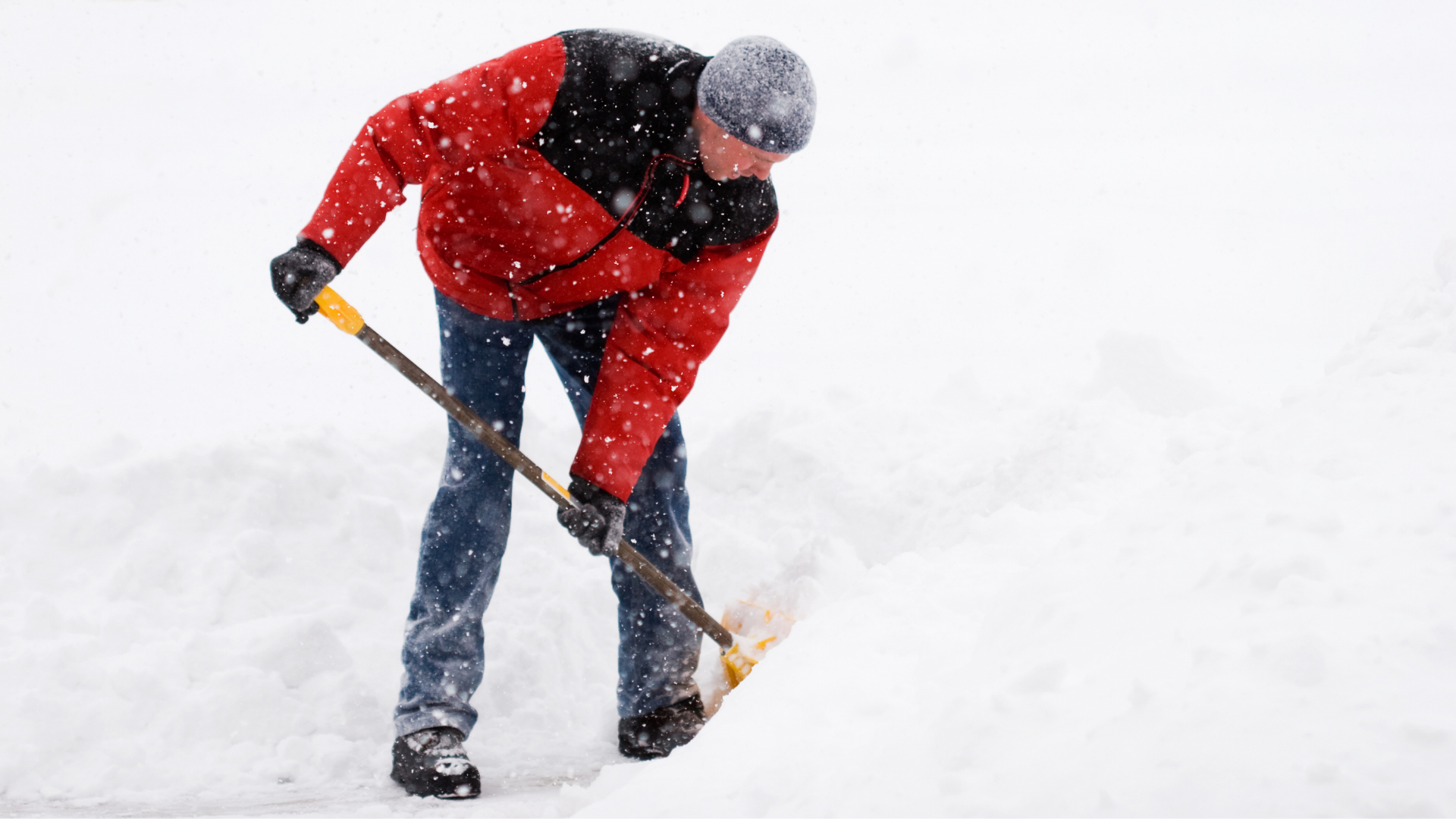Shovel With Care
Shovelling snow. Two words that many like to avoid but unfortunately most have to do when winter strikes. Aside from being a somewhat tedious task, shovelling can also be a very dangerous activity. The physical demands of shovelling combined with cold temperatures can pose fatal risks on the heart.
How exactly do heart attacks occur when shovelling? Strenuous exercise and cold weather each have the ability to increase blood pressure and heart rate. They can also elevate blood concentration of fibrinogen, a protein associated with blood clotting. But when strenuous exercise and cold weather are combined, the risk of heart attack is even greater.
As your heart beats faster, the shape of your blood vessels can change. Studies have shown that those who have died while shovelling snow or performing other vigorous winter activities, have plaque inside their blood vessels that has ruptured. This rupture may be caused by an increase in blood pressure or changes in vascular tone linked to physical exertion.
Research also indicates that acute heart problems increase in connection with significant dips in outdoor temperature. One study notes that a 10-degree drop in temperature represents a 38 percent increased risk of a recurrent heart attack.
By taking the following precautions, you're doing your body a favour:
- Warm up: Shovelling is just like any other form of exercise. It's a good idea to limber up with some basic stretches before you begin.
- Layer upon layer: The body quickly generates heat when shovelling. By dressing in thin, breathable layers, you can avoid overheating.
- Avoid a full stomach: Be sure to digest your meals before picking up the shovel. A full stomach can cause strain on the heart during physical activity.
- Take a break: Giving yourself a breather in the middle of strenuous shovelling is good for the muscles, especially the heart muscle.
- Use the buddy system: Even shovelling is better when you do it in twos. You cut your work and half and you have a pal to keep you company. Plus, you can look out for one another should anything serious happen.
- Consult your doctor: Those who are older, overweight, out of shape and/or have a history of heart disease in the family should seek expert advice from their doctor before taking their chances.
Excerpt from article originally appearing on the Canadian Health Network website.
